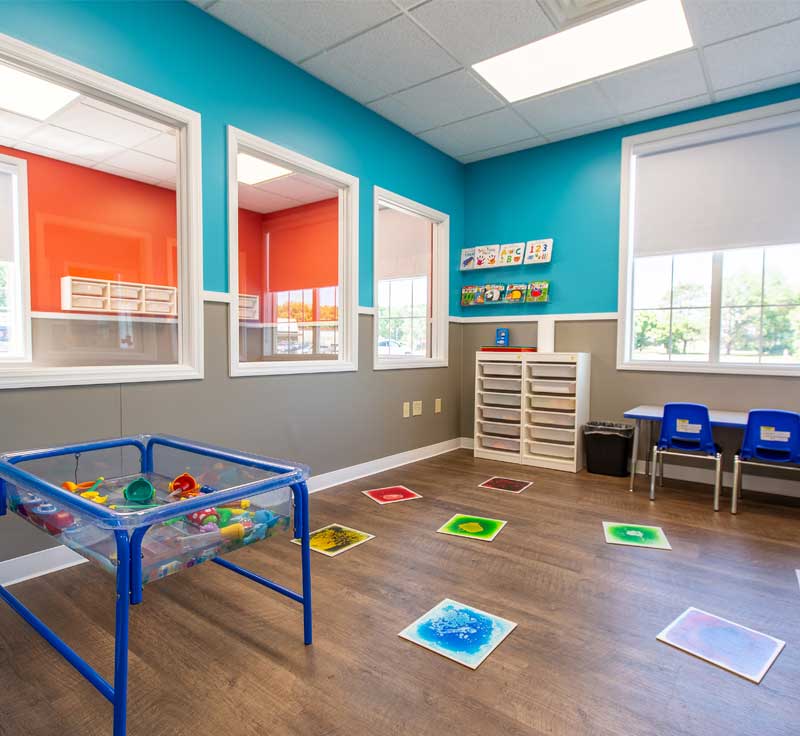Autism Services for Children
ABA Therapy
Applied Behavior Analysis (ABA) therapy focuses on the principles and techniques of learning theory to help increase or decrease certain behaviors. ABA therapy is a scientifically validated approach to understanding learning and behavior by looking at the function of the behavior and the environment in which it occurs.
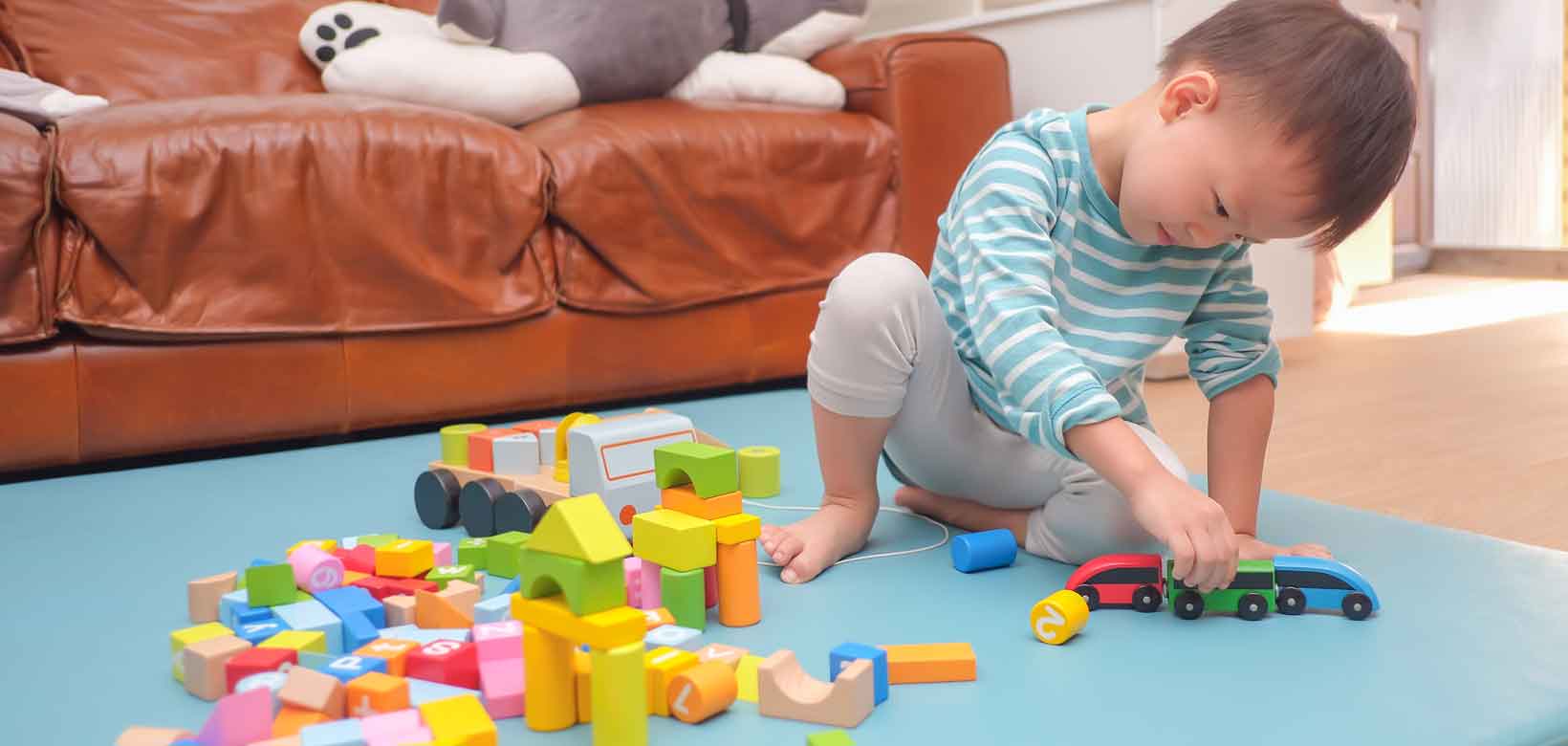
Diagnostic Testing
Research shows that the earlier children are diagnosed, the better their outcomes. Lighthouse Autism Center offers autism evaluations at most Lighthouse locations. If your child is missing developmental milestones, or you are seeing signs of autism in your child, it’s essential to seek an autism evaluation.
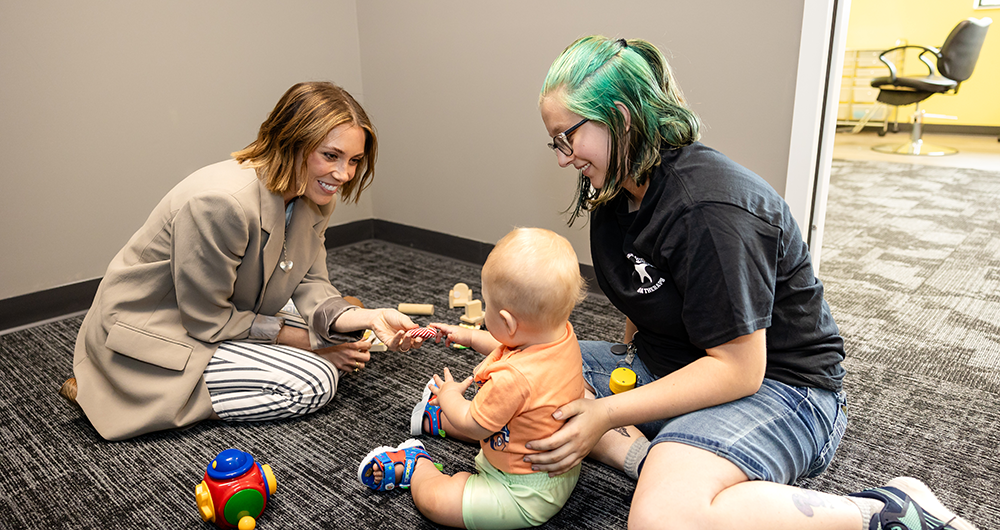
Speech Support
Each child benefits from a speech-language pathologist who collaborates with your child’s BCBA and a team of RBTs on speech, language, and communication goals. This is part of our unique Lighthouse Fusion® ABA therapy model.
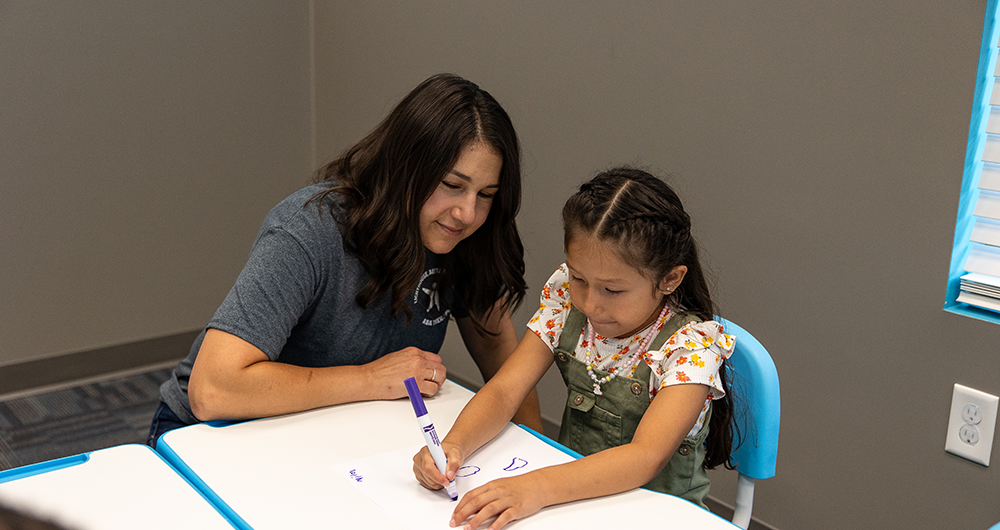
School Readiness
Autism learning programs in a center-based environment will give your child the opportunity to hone their social, communication, and self-help skills in a controlled yet comfortable environment specifically designed to help them get ready for school and reach their fullest potential.
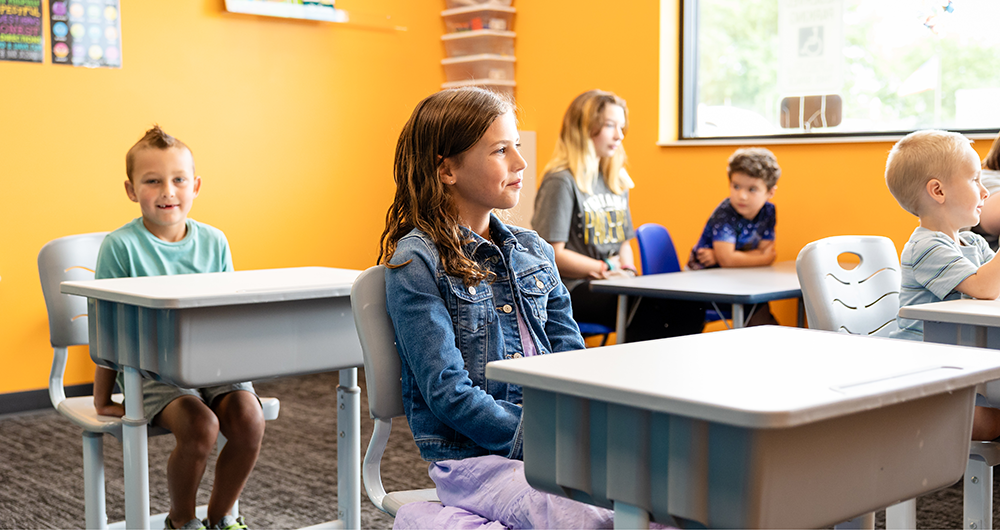
Social Skills
Many autistic children experience challenges with social skills, including communication, social interaction behaviors, emotional regulation, engagement, and simply meeting other peers with similar skills or interests. To better meet the social needs of our learners, Lighthouse offers social skills groups at select center locations.
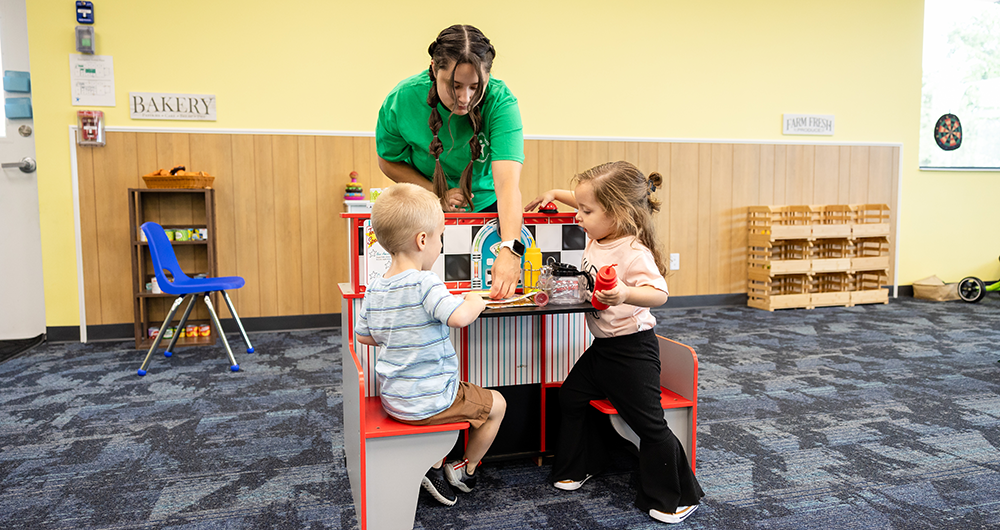
Parent Support
Regular meetings between families and the clinical team allow for planning, review of the child’s progress, and real-time adjustments of a child’s programming.
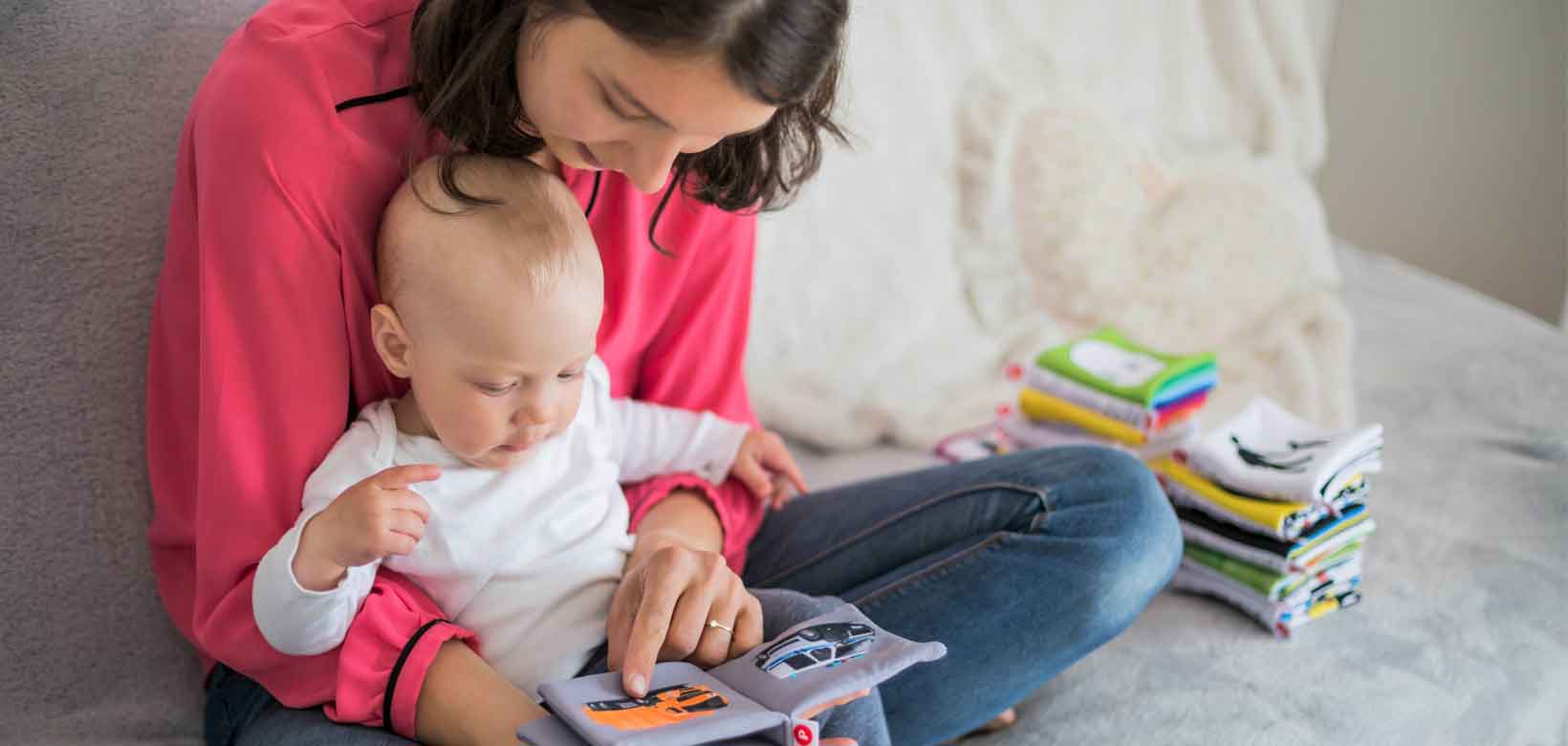
-
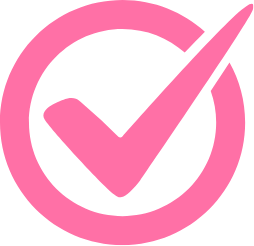 Ages 2-17
Ages 2-17
-
 Flexible Scheduling
Flexible Scheduling
-
 Medicaid & Commercial Accepted
Medicaid & Commercial Accepted
ABA Therapy Programs Tailored for Each Learner’s Needs
Our ABA therapy services are unique. Every child’s program is built to meet their unique needs. Although each program will look different, there are commonalities among ABA therapy programs offered at Lighthouse, including:
Custom Therapy Programs
Each child will have a custom therapy program created following a detailed assessment by a BCBA and input from a BCBA-SLP. The program will include goals unique to the child’s skills and preferences and incorporate speech support along with parent and family goals.
Experts with Individualized Focus
We ensure every BCBA is able to provide individualized focus for each learner and their family.
Natural Environment Teaching
Our approach uses natural environment teaching (NET) to help learners acquire skills through their natural environments and interests. This play-based approach makes our program not only fun for Learners but also highly effective.
Skill Acquisition
Treatment instruction and goals are developmentally appropriate and focus on a broad range of skills, such as sociability, communication, play, self-care, leisure, academic skills, and motor development.
Long Term Development
Therapy goals emphasize skills that enable learners to become independent and successful, now and in the future. ABA therapy for autism aims to give children the future that they deserve.
Data Driven
The clinical team frequently reviews the child’s progress and data to make empirically based program adjustments.
Explore Our Therapy Rooms at Lighthouse Autism Center
At Lighthouse Autism Center, each facility is thoughtfully designed to support the diverse needs of our learners. Every center generally features five specialized therapy rooms, each tailored to enhance skill development in a nurturing environment. Here’s a glimpse into some of the unique spaces you’ll find at our centers:
Receptive Language/Fine Motor Skills Room
This engaging room is filled with games, puzzles, and a variety of toys aimed at developing receptive language skills. Activities involve matching games, following directions, and more, all while encouraging social interaction among peers. Additionally, fine motor skills are fostered through hands-on activities requiring manipulation of toys, promoting both physical dexterity and cognitive growth.
Adjective Room/Art Room
Overflowing with art supplies, this room encourages creativity while enhancing language development. Learners engage with art projects that naturally incorporate adjectives, such as selecting specific colors or sizes. With two water tables, which are perennial favorites, this space promotes exploration and descriptive language in a fun, interactive setting.
Daily Living Skills Room
Designed to resemble a typical child’s bedroom, this room offers a realistic environment for practicing daily living skills. Learners work on tasks like making their own beds, sorting laundry, and cleaning up, fostering independence in a familiar setting. This hands-on approach equips our learners with the skills needed for everyday life at home.
Group Skills Room
This space is tailored for younger learners, simulating a kindergarten classroom. With individual desks and areas for group activities, children practice essential skills like listening, raising hands, and working independently. Although therapy is typically one-on-one, this group setting allows learners to interact and learn in a supportive environment led by a designated instructor.
Academic Language Development/Social Skills Group
Catering to older learners, this room mimics a school setting with varied seating options. It’s equipped with books and games focused on social skills, such as role-playing community interactions and handling money. This flexible space allows for customization to meet each learner’s needs, fostering both academic and social growth.
Letters/Numbers Room
A dedicated area featuring whiteboards and letter/number magnets for practicing literacy and numeracy skills through engaging games and activities.
Salon/Dentist Room
Created in response to parent requests, this room helps learners practice essential life skills associated with haircuts and dental visits. Equipped with a salon chair and related accessories, these spaces support gradual acclimation to real-world experiences, ensuring learners feel comfortable and confident.


